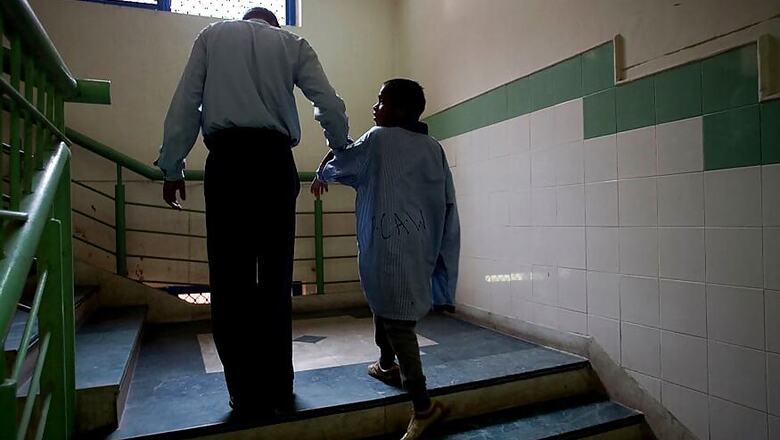
views
New Delhi: A series of mental health care projects, conceived in a year-old brainstorming session by the Indian Council of Medical Research (ICMR), may finally bear fruit this month.
25 projects, by researchers from across the country, on suicide prevention, alcohol abuse, depression during pregnancy, training community-level workers were among those talked about in May of 2016. This was done under the mentorship of the ICMR and the World Health Organisation (WHO), with assistance from the faculty of the University of Pittsburgh.
“After much planning, these projects will finally take off this month,” said Dr Ravinder Singh of the ICMR to News18.
The 2015-16 National Mental Health Survey, undertaken by the National Institute of Mental Health and Neurosciences (NIMHANS), determined that 13.7 percent of Indians lived with mental illnesses, while 10.6 percent needed immediate intervention. In numbers, that is over 7 crore people live with mental illness. However, India has only an estimated 4000 psychiatrists and 43 government-run institutes to tend to them.
ICMR has mentored these 25 researchers for over a year to finally turn research into action that reaches patients. “It's called operational or implementational research,” said Dr Ravinder Singh, a scientist trained in public health. “It aims to turn the District Mental Health Programme (DMHP) into actual patient care.”
The DMHP came about in 1996 as an actionable component of the National Mental Health Programme (NMHP), 1982. “The idea was always to turn goals and research of the NMHP into a reality on the ground,” explained Singh.
It was the ‘patient care component’ of the NMHP, hinged on deploying enough trained staff on the ground, where implementation has been lacking. Of the 358 districts, the central health ministry is supposed to be running DMHP in, only 150 are operational. “It's a huge challenge,” said Singh, “as we don't have enough psychiatrists and psychologists to cover the population.”
In April, Dr Soumya Swaminathan, the outgoing Director General of ICMR had spoken of plans to set up a registry of patients with severe psychiatric disorders, to help further research on them. For now, ICMR is waiting on NIMHANS to draft the plan and the All India Institute of Medical Sciences (AIIMS) to provide data from the on-field site in Ballabhgarh, Haryana.
“History is important, we be on-ground without knowing the background of cases,” said Singh, explaining the logistical obstacle course that comes up between planning and implementation. However, he acknowledges the need to speed things up.
“We need to build on the ministry,” he said, “form a national commission to get things going. It’s not just scientists who have to work, politicians also need to get involved.”
Research on mental health first started in the 1950s when the administration decided India needed large scale data collection in this area. However, it was mostly focussed on finding patients with different problems. Stress, then known as psycho-social stress, became a subject of study in the '70s and '80s. The research then oriented itself towards disaster aftermaths in the 2000s, taking into account the trauma of survivors of the 1993 earthquake in Latur, Maharashtra and 2001 disaster in Bhuj, Gujarat. Even those affected by the Bhopal Gas disaster of 1984 were taken into account. However, the focus on implementation of research, Singh said, is new. Even with all the stumbling blocks, “we now have mental health care as a right,” he said, pointing to the Mental Health Care Act, 2017.




















Comments
0 comment